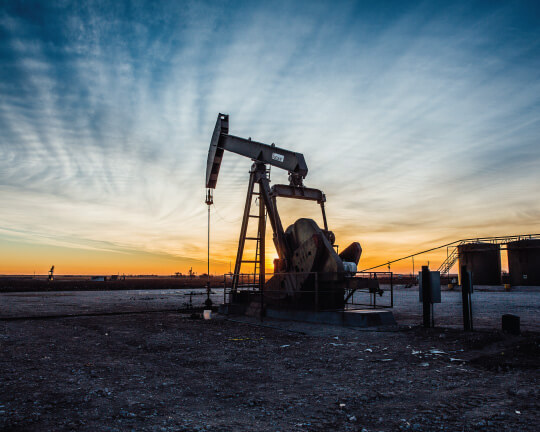April 09,2025
The Future of Chemical Manufacturing in 2025: Innovation, Sustainability, and Digital Transformation
As we venture deeper into the decade, chemical manufacturing in 2025 is transforming with a focus on innovation, sustainability, and digital integration. Modern facilities are increasingly embracing sustainable chemical production and green chemistry practices that not only minimize environmental impact but also optimize operational efficiency.
One of the most significant trends reshaping the industry is its commitment to sustainability. Companies across the globe are investing in energy efficiency measures and responsible water management strategies that position them as leaders in sustainable chemical production. This shift is driven by a collective desire to reduce emissions and waste, supporting a cleaner and greener future while maintaining high standards of industrial chemical production.
Digital transformation in chemical manufacturing is accelerating at a rapid pace. State-of-the-art technologies such as advanced analytics, machine learning, and automation are revolutionizing the way chemical processing operates. From predictive maintenance facilitated by real-time process monitoring to the use of digital twins in process control, the benefits of automation in chemical manufacturing are unmistakable. These digital tools not only enhance product quality and process efficiency but also fortify safety measures across operations.
Innovation is the driving force behind the evolution of chemical processing. High-throughput experimentation and advanced process control are leading to breakthroughs in specialty chemicals and environmentally friendly products. Companies are utilizing cutting-edge methodologies to develop high-performance materials that meet the demanding needs of modern industries while upholding sustainability standards.
Safety and regulatory compliance remain at the forefront of these advancements. Chemical manufacturers are leveraging data-driven risk management techniques that ensure stringent safety protocols are followed, minimizing the possibility of workplace incidents. This focus on safety, combined with improved compliance measures, helps companies maintain operational resilience and secure their position in global chemical production trends.
Moreover, the global chemical supply chain is undergoing a significant transformation. With an increasing reliance on advanced logistics and integrated systems, streamlined chemical logistics are making it possible to connect supply chain operations worldwide. This enhances efficiency and responsiveness, allowing companies to better manage costs and adapt to changes in global demand.
Looking ahead, the future of chemical manufacturing in 2025 is marked by the convergence of sustainable practices, digital transformation, and relentless innovation. As companies continue to push the boundaries of technological integration and operational excellence, the industry is set to achieve new heights in sustainable and safe production. Embracing these trends will not only ensure the vitality of the chemical sector but also pave the way for a cleaner, brighter future in industrial chemical production.




